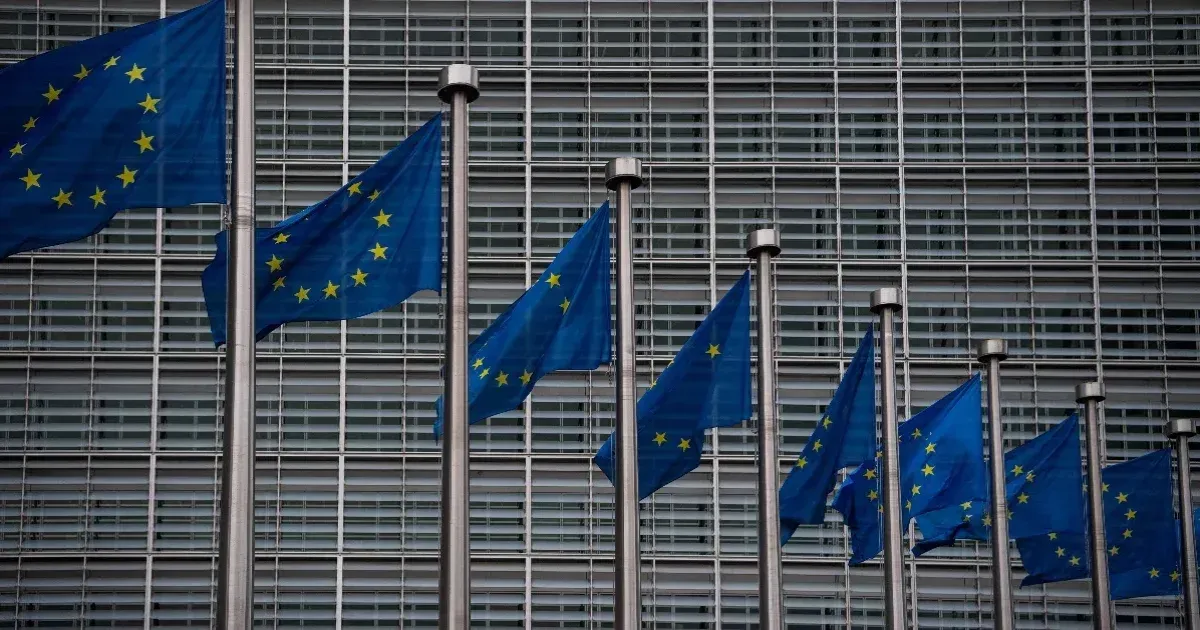
Europeans, like Hungarians, would like to make the EU stronger and more independent, but they have a different view on its involvement in the Russia-Ukraine war, the European Commission’s Representation in Hungary said in a press release.
The authors of the Eurobarometer survey, published on Thursday, sought EU citizens’ views on the EU and what they expect from it.
77% of Europeans and 70% of Hungarian respondents support the EU countries’ common defence and security policy. More than seven in ten EU citizens agree that the EU should boost the production of military equipment. Sixty-nine percent of EU citizens and 62% of Hungarians would support a common foreign policy for Member States. 69% of EU citizens believe that the EU has sufficient power and means to defend Europe’s economic interests on the global economic stage. This view is shared by 80% of Hungarian respondents.
Europeans believe that the most important areas for EU action in the mid term are security and defence, followed by climate and the environment. Health comes third, and the economy and migration are in fourth place. Hungarian respondents put the economy first, followed by defence, then migration, while climate, the environment and healthcare are only fourth.
The difference is more pronounced in the perception of the Russian-Ukrainian war. 87% of Europeans and 85% of Hungarians agree that the Ukrainians should be given some form of humanitarian assistance in the war.
In contrast, 72% of EU citizens and only 57% of Hungarians are in favour of economic sanctions against the Russian government, companies and individuals.
70% of EU citizens and 56% of Hungarians approve of giving financial aid to Ukraine. Six out of ten agree with Ukraine’s candidate status and the EU’s financing of the purchase and transportation of military equipment. For Hungarian respondents, this figure is just 42% and 45% respectively.
The Hungarian government has long insisted that Ukraine should be offered all humanitarian aid necessarry, but that no weapons should be sent to Ukraine. In the past, the Hungarian government has also vetoed the EU aid package to Ukraine. Last June, the European Commission proposed to increase the EU budget for 2021-2027 by €66 billion in additional payments, of which €17 billion and a further €33 billion in loans should be used to continue supporting Ukraine. The Hungarian government was quick to attack the proposal with various distortions.
The survey also found that European citizens are more likely to feel that their future is being influenced by the war between Russia and Ukraine. Of all recent crises, 42% of respondents said that Russia’s invasion of Ukraine had had the biggest impact on their vision of the future. The pandemic and other health crises, as well as the economic and financial crisis, came next. Hungarians see their future most affected by the pandemic and other health crises, followed by the economic and financial crisis, and only then by Russia’s war against Ukraine.
Since autumn 2023, the perception of the state of the European economy has improved: 47% of respondents and 54% of Hungarian respondents think the economic situation is “good” – this being the highest level since 2019. A significant majority of citizens believe that the economic situation in Europe will remain stable over the next 12 months.
In the run-up to the European elections, nearly three-quarters of respondents, 74 percent, with 82 percent in Hungary feel that they are EU citizens, which is the highest level in more than two decades.
The 101st standard Eurobarometer survey (Spring 2024) was carried out between 3 and 28 April 2024 in the 27 Member States. 26 399 EU citizens were interviewed face-to-face.
For more quick, accurate and impartial news from and about Hungary, subscribe to the Telex English newsletter!






